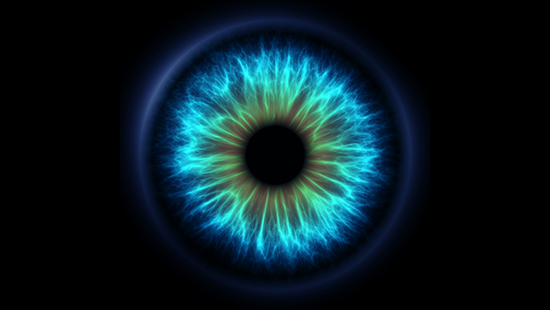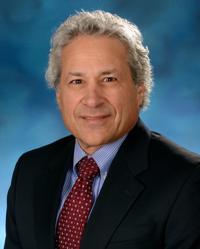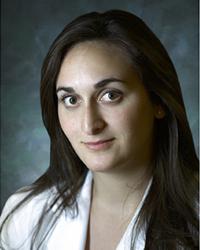Cataract

A cataract is a cloudiness that forms on the lens of the eye. This normal part of aging — like grey hair or wrinkles — causes your vision to become blurred and unclear.
Most people develop cataracts over time, and surgery to correct it is the most common procedure in the United States.
At University of Maryland Eye Associates, our cataract specialists perform hundreds of cataract surgeries per year. Call 667-214-1111 to make an appointment.
What Causes Cataracts?
Cataracts are an age-related process. If you live long enough, you will develop one. There's no way to really stop them. They usually develop after age 50, though they can develop earlier. Risk factors include:
- Diabetes (Learn more about diabetic retinopathy)
- Some steroid medications
- Smoking
Cataract Symptoms
Cataract symptoms develop over time. Patients describe the feeling as:
- Glare on the eyes, especially when driving
- Looking through a foggy glass
- Vision not as crisp or clear, even with glasses
Cataract Surgery
There are no medications to treat cataracts. Prior to surgery, the best treatment is to strengthen your eyeglasses prescription to improve your vision to about 20/40. Once it affects your daily life, especially reading and driving, we recommend surgery.
Cataract surgery is the most commonly performed surgery in the United States. It's minimally invasive, taking less than 30 minutes.
During the procedure, we remove the lens with the cataract and replace it with an intraocular lens (IOL), a type of artificial lens made acrylic. That lens will be there for the rest of your life.
Depending on the type of IOL used, you may be able to reduce your dependence on glasses. After you have cataract surgery, you will not need cataract surgery on that eye again.
At the University of Maryland, we routinely perform cataract surgery, giving us the expertise to help you back to clear vision in a comforting environment.
Cataract Surgery Recovery
Recovery after cataract surgery is usually quick. You'll go home the same day as your surgery. Because your eyes are dilated and your eye is slightly inflamed, you'll be more sensitive to light.
Your vision won't improve immediately after surgery. Expect your vision to be blurry for a few days as your eye heals. You should expect your eye to heal within a few weeks with your vision restored.
You'll use eye drops for a few weeks after surgery.
Make an Appointment
University of Maryland Eye Associates has locations throughout Maryland. Call 667-214-1111 to make an appointment.
Cataract Specialists

Samuel D. Friedel, MD
Chief of Ophthalmology, UMMC Midtown Campus
Clinical Associate Professor of Ophthalmology




